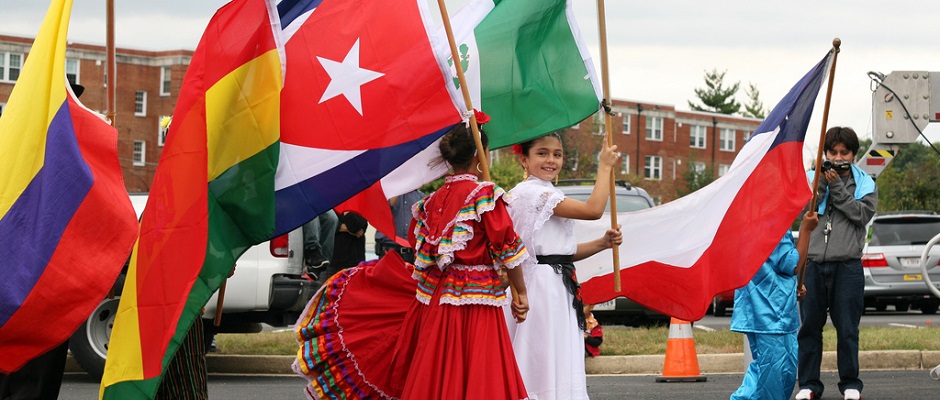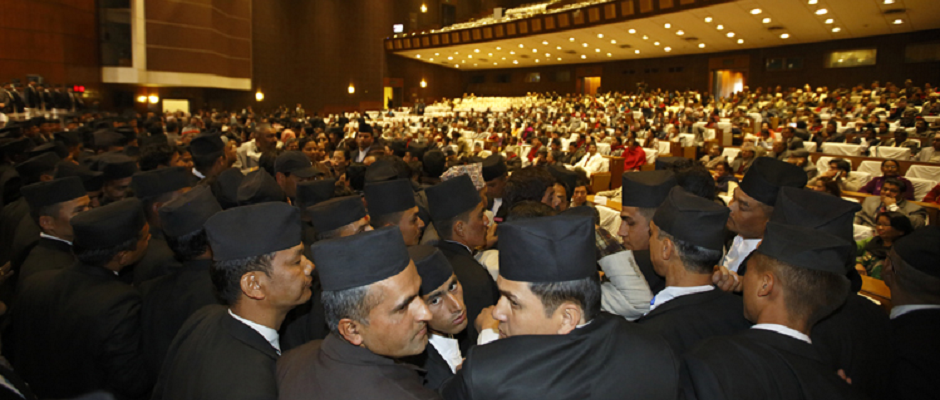
Drawing from well-known theories of democracy and democratic transition, this study considers the transition to local democracy in Latin America. It raises a central question: Given the landmark decentralization of the past three decades, what constitutes local democracy in the region today and in which countries can we say it exists? Core considerations in comparing local democracy and national democracy are discussed.
The author presents the concept of “minimum decentralization” and, using this framework, posit six procedural and institutional conditions for defining local democracy, notably:
1. Control over local government decisions about policy is constitutionally vested in officials elected by the citizens of the local jurisdiction.
2. Locally elected officials are chosen in frequent and fairly conducted elections in which coercion is comparatively uncommon.
3. An effective number of locally elected officials is directly elected.
4. The arbitrary removal of locally elected officials is effectively precluded.
5. To achieve their various rights, including those listed here, citizens also have a right to form relatively independent local associations or organizations, including political parties.
6. Local governments are regularly able to carry out responsibilities of sufficient variety and significance to engage the interest of the public servant and citizen.
Eighteen systems are evaluated against these conditions at the municipal and intermediate levels of government. Despite the real transfer of authority in many countries, and though several Latin American countries have established or nearly established local democracies, only a few of the local systems can be considered democratic.
Though the conclusion is somewhat counter-intuitive, explanations for the slow development of decentralization and local democracy in Latin America are considered.
Read the full article: http://journals.sub.uni-hamburg.de/giga/jpla/article/view/399
Bland, Gary. 2011. “Considering Local Democratic Transition in Latin America”, Journal of Politics in Latin America, 3, 1, 65-98.




